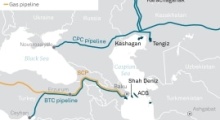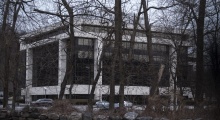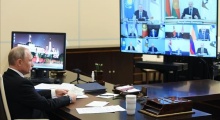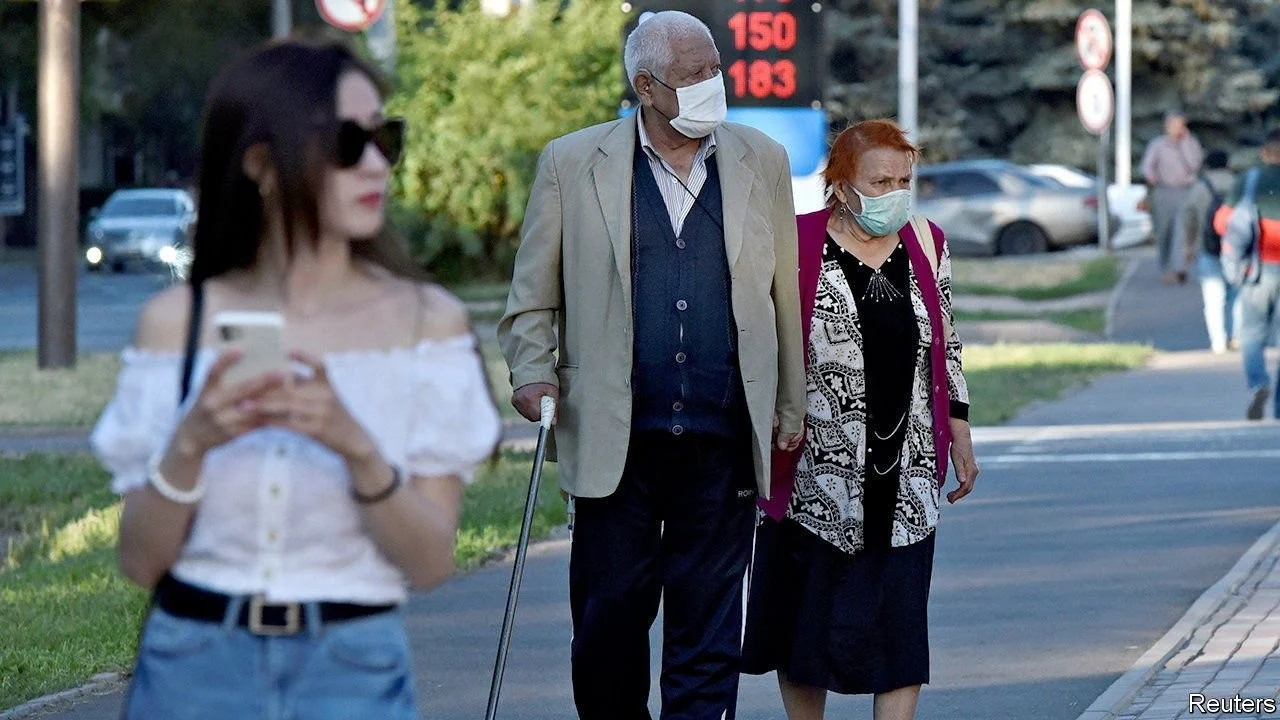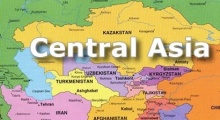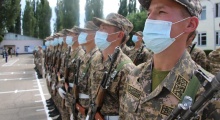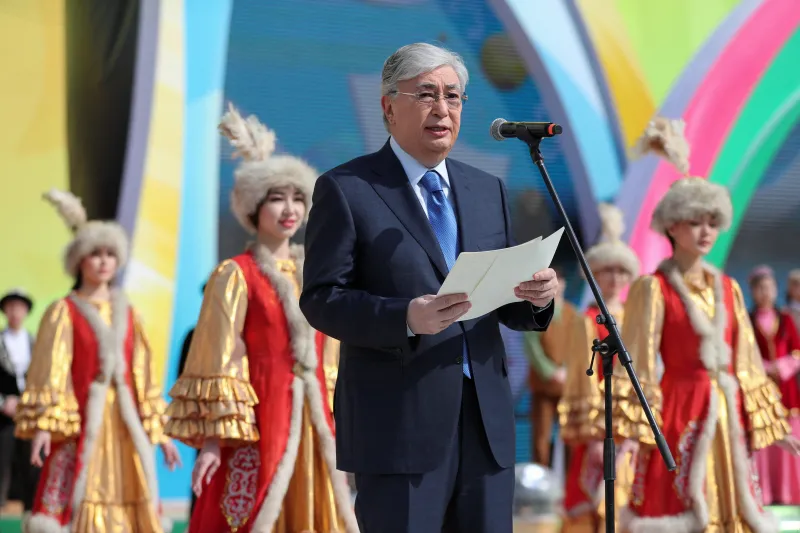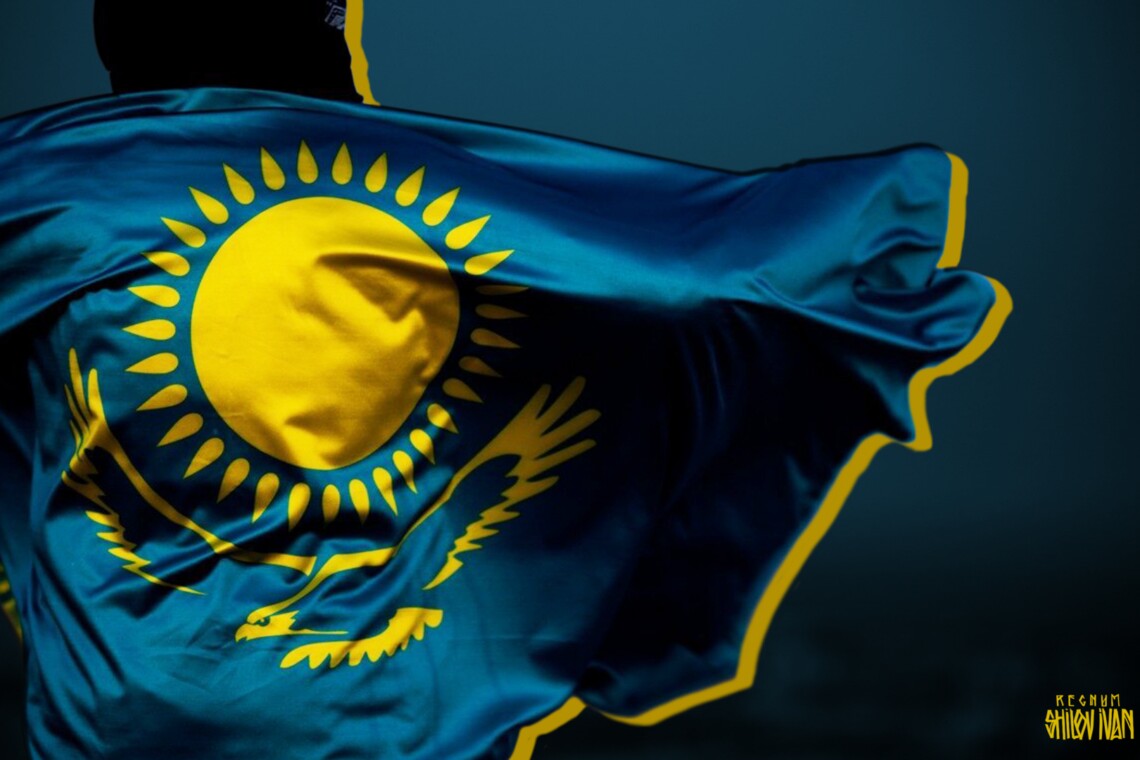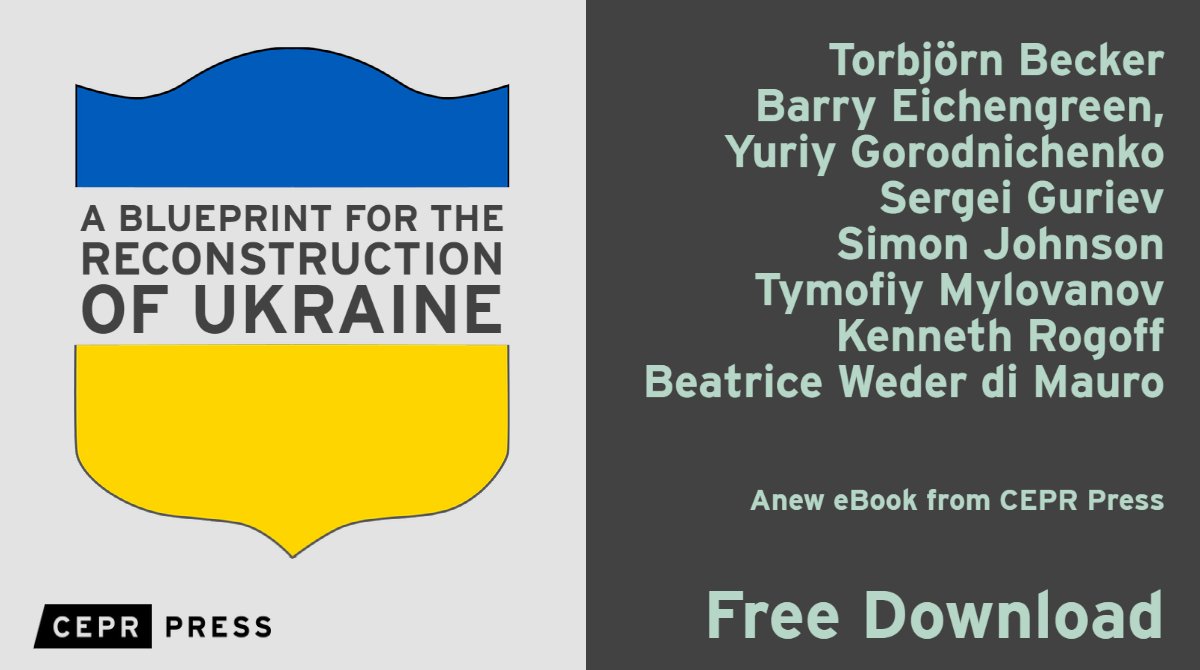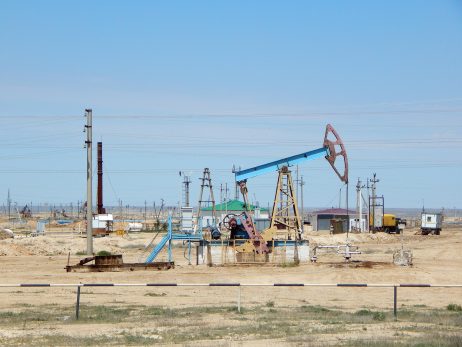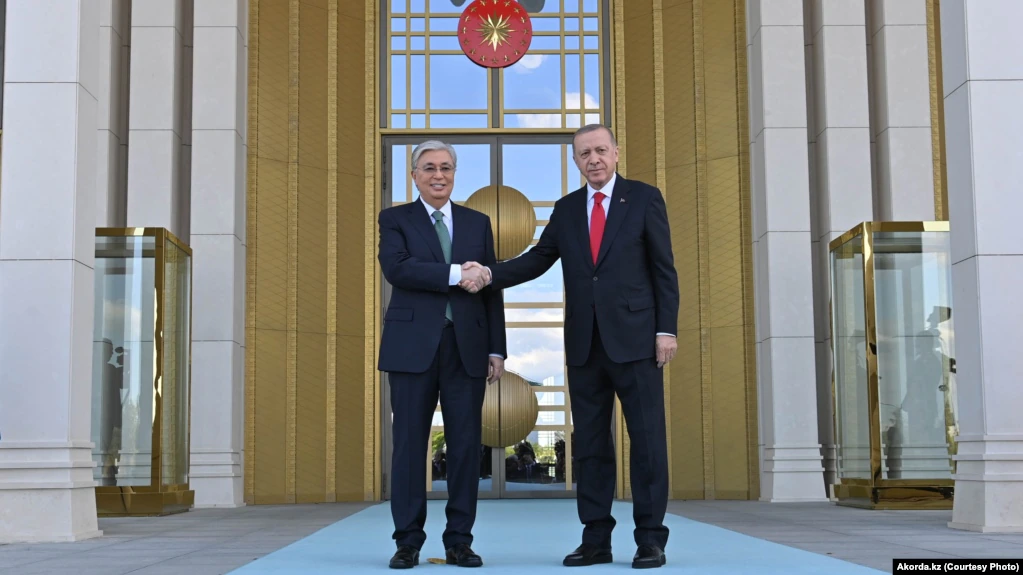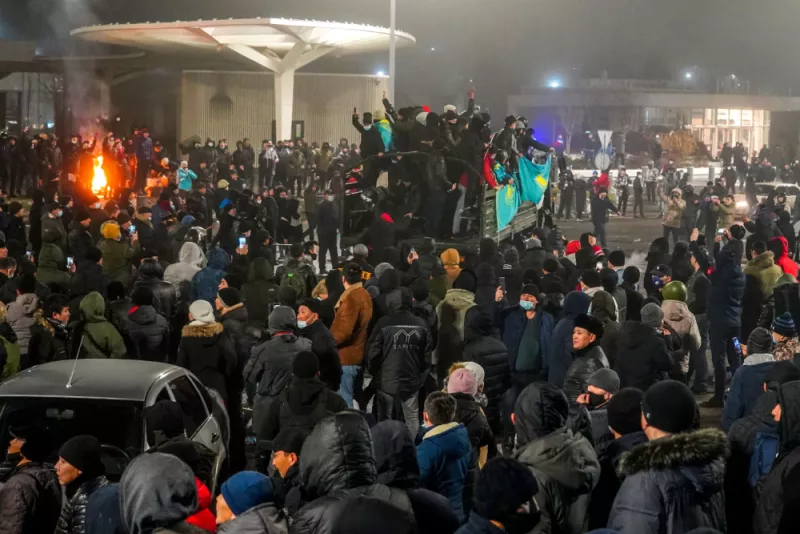
Protesters take part in a rally over a hike in energy prices in Almaty, Kazakhstan, on Jan. 5. Abduaziz Madyarov/AFP via Getty Images
Harrowing images of Russia’s invasion of Ukraine have shocked the public—but also raised tough questions about whose lives matter in the West.Critics have focused on the telling contrast in coverage between the welcome given to Ukrainian refugees and the cold shoulder given to those from countries like Iraq, Syria, and Afghanistan as well as the lack of assistance provided to African and South Asian students trying to leave Ukraine. Before the Russian invasion, however, another country in Eurasia elicited similar questions.


